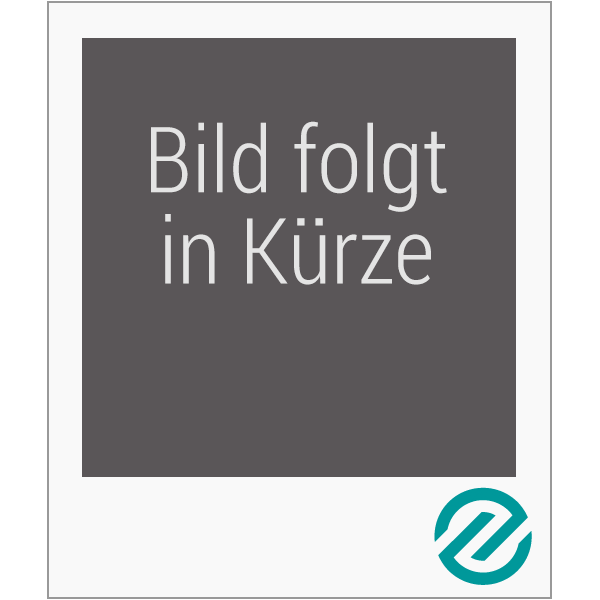This is a survey and analysis of the European Reformation of the sixteenth century. During this period western Christianity underwent the most dramatic changes in its entire history. From Iceland to Transylvania, from the Baltic to the Pyrenees, the Reformation divided churches and communities into `Catholic' and `Protestant', and created varying regional and national traditions. The new protestant creed rejected traditional measures of piety - vows, penances, pardons, and masses - in favour of sermons and catechisms, and an everyday morality of diligence, neighbourly charity, and prayer. In the process it involved many of Europe's people for the first time in a political movement inspired by an ideology and nourished by mass communication. Using the most important recent research, Euan Cameron provides a thematic and narrative synthesis of the events and ideas of the Reformation. He examines its social and religious background, its teachers and their message, and explores its impact on contemporary society. The European Reformation is an incisive and comprehensive study, which includes maps and suggestions for further reading. It will be invaluable for all students of early modern Europe.
Table of contents:
List of maps; Introduction: The Reformation and Europe; Part I. The Background: The religion of the people of Europe; the vulnerability of the church; 'Reform' from within and its limits; Challenges from outside and their limits; Heresy - an alternative church?; The church and the Christian soul; Part II. The Reformers and their Message: The 'Luther-Affair' and its context; The reformers message - salvation; The reformers' message - scripture; The reformers' - The church; The reformers' message - sacraments; The conversions of the reformers; Rejections of reform; Part III. Establishing the Reformed Churches: Unsuccessful 'affiliations' to the reformed cause; Self-governing towns and cities; Principalities and kingdoms; Motives for establishing the reformation?; Part IV. The Coalition of Reformers and People Breaks Down: The sects reject the 'coalition'; Crisis, survival, and compromise in politics; Reformers at odds: the 'confessional' reformationl Reformers and laymen: a conflict of priorities; Conclusion; Abbreviations; Notes; Suggestions for further reading; Index
The Reformation of the sixteenth century changed forever the shape of western Christianity, dividing churches and communities into `catholic' and `protestant' and inaugurating varying regional and national traditions. This is the most comprehensive and up to date work on the period for twenty years, and one which will be invaluable for all students of early modern Europe.
Table of contents:
List of maps; Introduction: The Reformation and Europe; Part I. The Background: The religion of the people of Europe; the vulnerability of the church; 'Reform' from within and its limits; Challenges from outside and their limits; Heresy - an alternative church?; The church and the Christian soul; Part II. The Reformers and their Message: The 'Luther-Affair' and its context; The reformers message - salvation; The reformers' message - scripture; The reformers' - The church; The reformers' message - sacraments; The conversions of the reformers; Rejections of reform; Part III. Establishing the Reformed Churches: Unsuccessful 'affiliations' to the reformed cause; Self-governing towns and cities; Principalities and kingdoms; Motives for establishing the reformation?; Part IV. The Coalition of Reformers and People Breaks Down: The sects reject the 'coalition'; Crisis, survival, and compromise in politics; Reformers at odds: the 'confessional' reformationl Reformers and laymen: a conflict of priorities; Conclusion; Abbreviations; Notes; Suggestions for further reading; Index
The Reformation of the sixteenth century changed forever the shape of western Christianity, dividing churches and communities into `catholic' and `protestant' and inaugurating varying regional and national traditions. This is the most comprehensive and up to date work on the period for twenty years, and one which will be invaluable for all students of early modern Europe.

